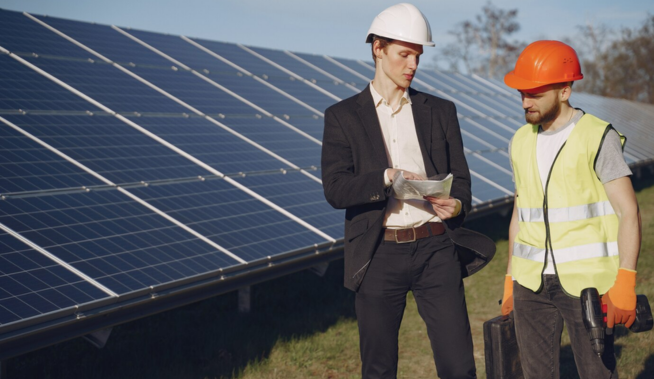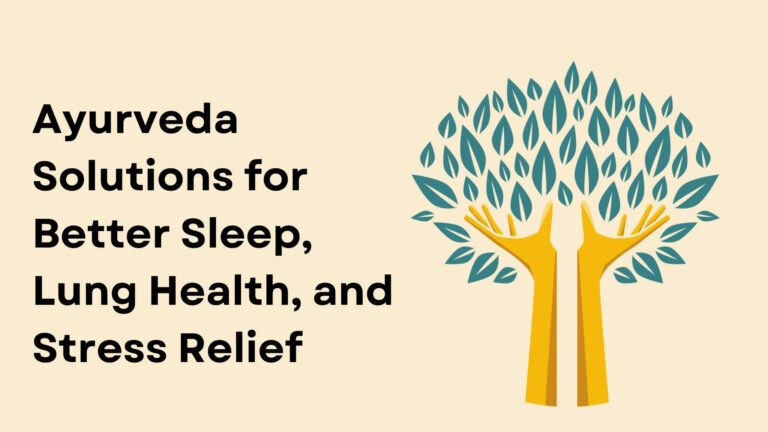The Rise of Solar Panels in Dubai and the UAE: A Sustainable Future
In recent years, the UAE has emerged as a global leader in clean energy initiatives, particularly in harnessing solar power. Dubai and the broader UAE are setting benchmarks with extensive solar panel installations aimed at promoting sustainable energy, reducing carbon footprints, and achieving long-term energy security. This ambitious drive is part of the UAE’s broader vision to transition from a hydrocarbon-dependent economy to one powered by renewable energy sources.
1. The Growing Importance of Solar Panels in Dubai and the UAE
1.1 Favorable Climate and Geography
Dubai, along with other regions of the UAE, is naturally gifted with abundant sunlight, making it an ideal location for solar energy generation. On average, the UAE enjoys more than 350 days of sunshine per year, with solar radiation levels among the highest in the world. This presents a tremendous opportunity to capture solar energy, making it a key part of the nation’s renewable energy strategy.
The desert landscape provides large, open areas perfect for establishing solar farms. These areas are typically unused for other development projects, making them suitable for renewable energy installations. As urban centers like Dubai continue to expand, solar energy offers a sustainable way to meet growing electricity demands without compromising on environmental considerations.
1.2 Government Support and Initiatives
The UAE government has played a crucial role in the widespread adoption of solar panels. Policies such as Dubai’s Clean Energy Strategy 2050 aim to generate 75% of the city’s energy needs from clean sources by 2050. Solar power is central to this plan, with a significant focus on scaling up photovoltaic (PV) systems in both residential and commercial sectors.
Dubai’s ambitious projects, such as the Mohammed bin Rashid Al Maktoum Solar Park, are key examples of the government’s commitment to renewable energy. These initiatives have encouraged private companies, public institutions, and homeowners to invest in solar panel systems.
Additionally, through net metering policies, users of solar panels in Dubai and the UAE can offset their electricity bills by exporting surplus energy back into the grid. This makes solar energy more financially viable for businesses and residential customers alike.
1.3 Economic and Environmental Benefits
Adopting solar panels in Dubai and the UAE brings economic and environmental advantages. Economically, solar power helps reduce dependency on traditional fossil fuels like oil and gas. For a nation that has traditionally thrived on the oil economy, this diversification is crucial for future economic resilience.
From an environmental standpoint, solar panels help lower carbon emissions and minimize the impact of climate change. The UAE is committed to reducing its carbon footprint as part of its obligations under the Paris Agreement. By generating electricity from solar power, Dubai and the UAE can drastically cut down on greenhouse gas emissions that contribute to global warming.
2. Solar Panels for Residential and Commercial Use
2.1 Residential Solar Panels in Dubai and the UAE
The use of solar panels in residential areas has seen significant growth across Dubai and the UAE. Many homeowners are now turning to solar power as a means to reduce their energy costs and contribute to sustainability efforts. The installation of solar PV systems on rooftops allows households to generate their own electricity, significantly reducing dependence on traditional electricity grids.
Dubai’s Shams Dubai initiative encourages residential properties to install solar panels, contributing to the city’s clean energy goals. Homeowners who install solar panels benefit from reduced utility bills while also gaining the opportunity to sell excess electricity back to the grid.
However, despite the many benefits, the upfront cost of solar panel installation can be a concern for some residents. Fortunately, the UAE government and private entities are offering incentives and financing options that make it easier for homeowners to invest in solar technology.
2.2 Solar Panels for Commercial and Industrial Use
In the commercial and industrial sectors, solar panels are becoming an increasingly popular option for reducing operating costs. Businesses with high energy consumption, such as shopping malls, hotels, factories, and office buildings, are turning to solar energy to meet their energy needs.
Large-scale solar installations, such as solar farms and rooftop solar panels on commercial buildings, offer businesses a chance to lower their electricity bills and reduce their carbon footprint. For industries that rely heavily on consistent and reliable energy, solar power offers a long-term solution for sustainable operations.
In addition to lowering operational costs, using solar energy enhances a company’s corporate social responsibility (CSR) profile. In today’s business landscape, being environmentally conscious is an advantage, especially for companies in Dubai and the UAE that operate in a global market where sustainability is highly valued.
3. Technological Advances and Future Trends in Solar Panels
3.1 Innovations in Solar Technology
As the demand for solar energy continues to grow in Dubai and the UAE, technological advancements are playing a significant role in making solar panels more efficient, cost-effective, and durable. Innovations in PV technology are resulting in panels that can generate more electricity from the same amount of sunlight.
Bifacial solar panels, for example, can capture sunlight from both sides, increasing their energy output. Thin-film solar panels are another innovation that is gaining attention due to their flexibility and ability to be installed on curved surfaces. These advancements are helping solar panel systems become more efficient and accessible for various types of applications.
Moreover, energy storage systems, such as batteries, are becoming more integrated with solar panel installations. This allows homeowners and businesses to store excess solar energy for use during the night or on cloudy days. With improved storage capabilities, the reliance on traditional electricity grids will decrease even further, making solar power a more viable option in the future.
3.2 Future Trends and Goals
The future of solar panels in Dubai and the UAE looks promising, with several trends indicating further growth in the sector. One of the most notable trends is the increasing affordability of solar technology. As the cost of solar panels continues to decrease, more households and businesses will be able to adopt solar energy.
In addition to cost reductions, advances in smart technology and the Internet of Things (IoT) are enabling better monitoring and optimization of solar energy systems. With smart meters and remote monitoring systems, users can track their solar energy production and consumption in real-time, ensuring maximum efficiency.
Another emerging trend is the integration of solar panels into urban infrastructure, such as solar-powered street lighting and solar carports. These innovations are helping cities like Dubai become more sustainable and energy-efficient while reducing electricity consumption in public spaces.
3.3 The Path Toward a Solar-Powered Future
The UAE’s commitment to a solar-powered future is reflected in its ambitious goals for renewable energy adoption. Dubai aims to have 75% of its energy generated from clean sources by 2050, and solar panels will play a critical role in achieving this target.
In addition to large-scale projects like the Mohammed bin Rashid Al Maktoum Solar Park, smaller initiatives like rooftop solar panels on homes and businesses will contribute to this clean energy future. By fostering innovation, providing financial incentives, and raising public awareness, the UAE is positioning itself as a global leader in solar energy.
Conclusion
The rapid growth of solar panels in UAE is a testament to the region’s forward-thinking approach to sustainability and renewable energy. With abundant sunlight, supportive government policies, and technological advancements, solar energy is becoming a viable and attractive option for residents, businesses, and industries across the UAE.
As the nation continues to invest in solar power, it is not only working toward reducing its carbon footprint but also setting an example for the rest of the world in how to transition to a cleaner, more sustainable energy future. The increasing adoption of solar panels represents a significant step toward achieving the UAE’s long-term environmental and energy goals, making it a pioneer in the global shift to renewable energy sources.






